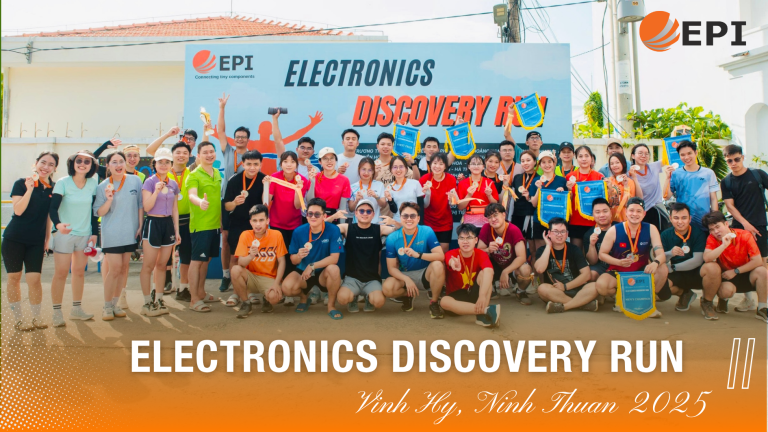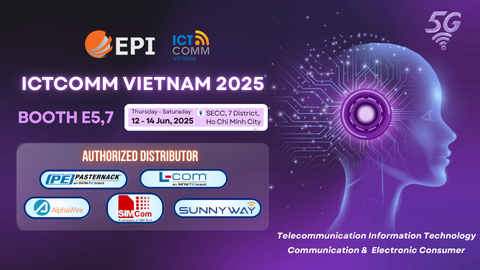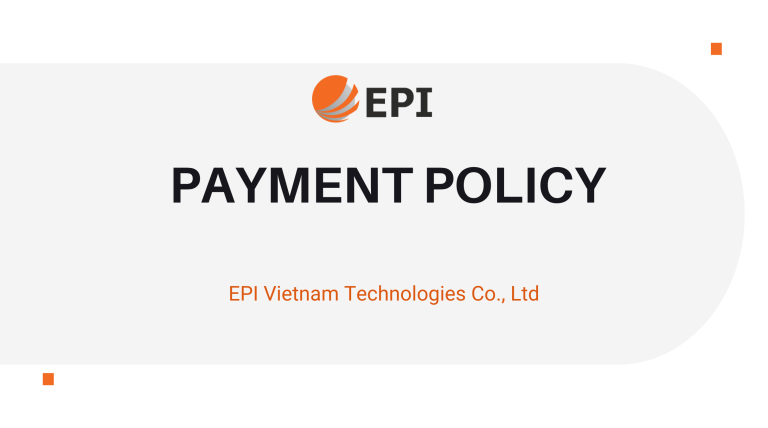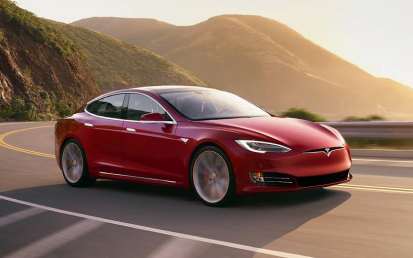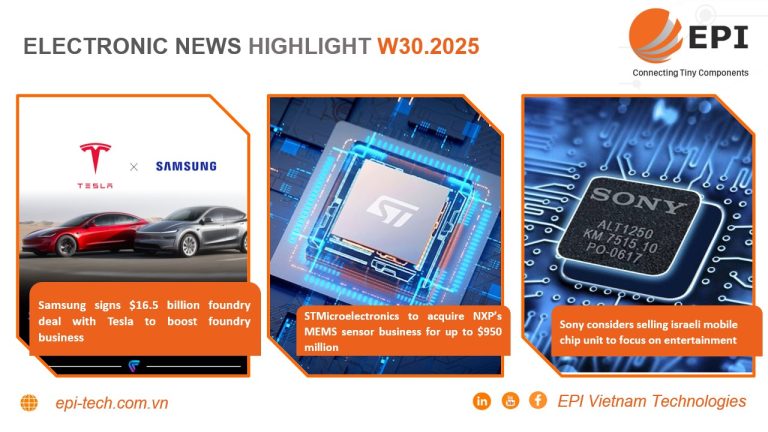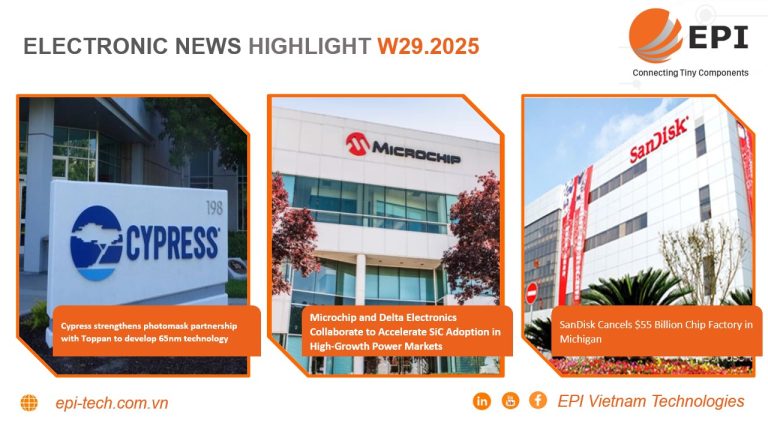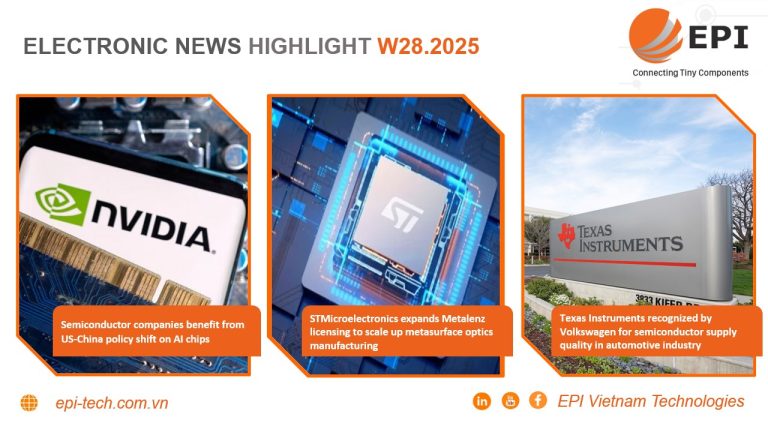ELECTRONICS NEW HIGHLIGHT W30.2025

1. Samsung signs $16.5 billion foundry deal with Tesla to boost foundry business
Samsung Electronics said on Sunday it has signed a 22.8 trillion won ($16.5 billion) foundry deal with U.S. electric carmaker Tesla, marking a major step toward reviving the company’s loss-making contract chipmaking business.
The deal, which closed on July 26, runs from July 24, 2025 to December 31, 2033, and represents 7.6% of Samsung’s projected 2024 revenue. Samsung said the terms of the deal will be kept confidential until it expires.
Tesla CEO Elon Musk confirmed that Samsung will manufacture its next-generation AI6 chips at the company’s new wafer factory in Taylor, Texas. Samsung currently manufactures Tesla’s current AI4 chips, while the AI5 chips will be manufactured by TSMC in Taiwan and later in Arizona.
Analysts believe the Tesla deal will rely on mature process nodes, rather than Samsung’s advanced 2nm technology, which is still struggling with yield. BNK Investment & Securities analyst Lee Min-hee said the deal is unlikely to involve advanced process nodes.
Samsung, the world’s largest memory chipmaker, is also working to expand its foundry business, which makes custom logic chips for customers like Tesla and Qualcomm. However, the South Korean tech giant continues to lose market share to TSMC, the leader in memory chip production, with Apple and Nvidia among its key customers.
The deal comes as South Korea and the United States seek to strengthen cooperation in semiconductors and other strategic sectors. Seoul is seeking to secure favorable trade terms and avoid a proposed 25 percent tariff that is currently under discussion in Washington.
Learn more: Samsung signs $16.5 billion foundry deal with Tesla to boost foundry business
2. STMicroelectronics to Acquire NXP’s MEMS Sensor Business for Up to $950 Million
STMicroelectronics said it will acquire NXP Semiconductors’ MEMS sensor business for up to $950 million in cash, strengthening its position in automotive and industrial sensor applications. The deal includes an upfront payment of $900 million, with an additional $50 million contingent on achieving technical milestones. The acquisition is expected to close in the first half of 2026.
The target product portfolio includes automotive safety sensors—both passive systems such as airbags and active systems such as vehicle dynamics sensors—as well as sensors for tire pressure monitoring, engine management, and safety or comfort features. Industrial-grade pressure sensors and accelerometers are also part of the acquisition.
The business generated approximately $300 million in revenue by 2024 and is expected to contribute positively to ST’s gross margin, operating margin, and earnings per share upon completion. Automotive MEMS inertial sensors are expected to outpace the overall MEMS market in terms of growth in the coming years.
Marco Cassis, president of ST’s Analog, MEMS and Sensors Group, said the acquisition complements the company’s existing MEMS portfolio and expands its reach across the automotive, industrial and consumer electronics markets. He highlighted the combination of technology and customer base, which will further strengthen its market positioning.
ST will integrate the acquired assets into its vertically integrated MEMS manufacturing platform, including design, front-end and back-end processing. This model allows for faster development cycles and greater customization flexibility. For NXP, the sale reflects a potential strategic shift, allowing the company to reallocate resources to core or high-growth areas.
Industry analysts believe the acquisition could reshape the competitive dynamics of the MEMS sensor market. With ST’s expanded capabilities, competitors could accelerate innovation and M&A, potentially driving broader transformation across the entire sensor supply chain.
Learn more: STMicroelectronics to Acquire NXP’s MEMS Sensor Business for Up to $950 Million
3. Sony Considers Selling Israeli Mobile Chip Unit to Focus on Entertainment
Sony Corp. is considering selling its Israeli mobile chip subsidiary as part of a broader strategy to streamline its semiconductor business and strengthen its entertainment business, according to people familiar with the matter.
The Japanese technology and communications conglomerate is working with investment banks on a possible divestment of Sony Semiconductor Israel, formerly known as Altair Semiconductor. The unit supplies cellular modem chips for smartwatches, wearables and connected devices. The company is said to generate about $80 million in annual recurring revenue, with a potential valuation of nearly $300 million. The deal is expected to attract interest from both financial backers and companies in the semiconductor industry.
Sony acquired the business in 2016 for $212 million and merged it into its semiconductor division. But as Sony increases its focus on gaming, music, and movies — which will account for more than 60% of its operating profit by fiscal 2024 — the company is reassessing its non-core chip businesses.
As part of its portfolio restructuring, Sony also plans to spin off and list part of its financial services business later this year. In April, Sony said it was considering strategic options for its semiconductor division, including seeking an investment partner or moving to a fab-lite model. The potential sale of its IoT modem chip business fits into that shift.
Learn more: Sony Considers Selling Israeli Mobile Chip Unit to Focus on Entertainment
#ASEAN #AsiaPacific #distributor #Global #electronicdistributor #PCBA



 English
English  Tiếng Việt
Tiếng Việt 





